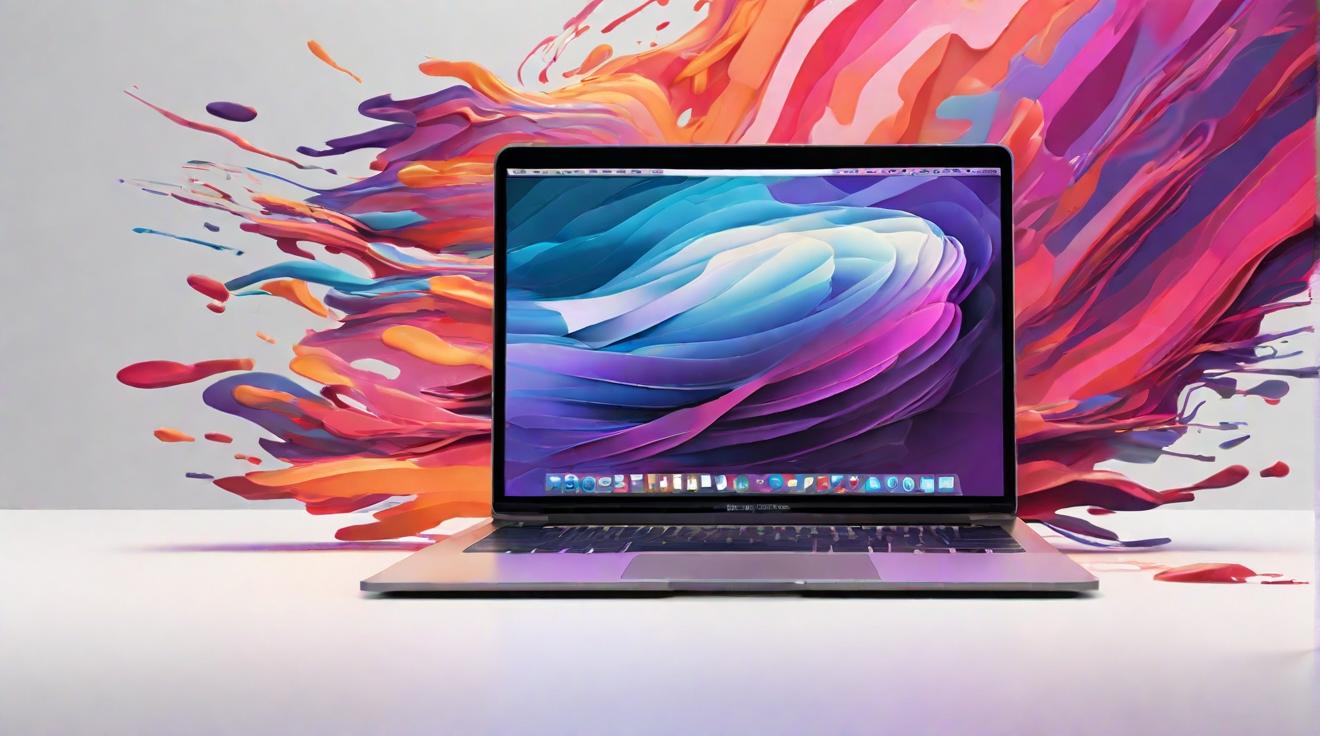The Hidden Dangers of Push Notifications on Your Smartphone
As it turns out, the act of receiving push notifications on your iPhone may be more than just a harmless alert. Recent findings reveal that apps have been taking advantage of a loophole in iOS push notifications to collect personal data without your knowledge. This practice, known as data scraping, not only raises privacy concerns but also puts users at risk of being tracked and monitored. However, there are steps you can take to protect your data and prevent apps from spying on you through push notifications.
How Apps Exploit Push Notifications to Collect Personal Data
According to security research experts, many apps are exploiting the background wake feature of iOS push notifications to scrape users’ personal data and send it back to remote servers. Instead of using this feature solely for customizing notifications, these “data-hungry” apps use it as an opportunity to collect valuable data analytics. This unethical practice not only violates user privacy but also opens the door for tracking individuals using a technique called fingerprinting.
One example provided by the researchers involved popular social media app TikTok. When a TikTok notification arrives, the app immediately sends off data analytics. Even after clearing the notification, TikTok continues to collect data, including the system uptime of the iPhone. This means that TikTok can determine how long it has been since the device was restarted, even if the user never opened the app.
Other apps, such as Facebook, LinkedIn, and Bing, also engage in similar data scraping activities through push notifications. When these alerts are cleared, these apps extract not only the device’s uptime but also other device information, such as language settings, memory status, battery life, and more. Collectively, this data can be used to track a user’s activities across iOS without the need for them to open the respective apps.
Protecting Your Privacy: Disabling Push Notifications
Given the potential risks associated with push notifications, the most effective solution currently available is to disable push notifications for all apps. While this may disrupt the convenience and real-time updates provided by certain apps, it helps safeguard your personal data and minimizes the risk of being tracked without consent.
However, it should be noted that disabling push notifications entirely may not be a feasible option for everyone. Messaging apps, for example, heavily rely on notifications to inform users about new messages. Fortunately, most messaging apps offer granular control over their notification settings, allowing users to maintain essential alerts while blocking unnecessary data gathering.
Ultimately, the decision on whether to disable push notifications for certain apps or not lies with the individual user. Assessing the level of data tracking tolerance is crucial in striking a balance between convenience and privacy. Users should prioritize disabling notifications for apps that are not essential for their daily communication or those known for excessive data scraping.
The Need for Improved Privacy Measures
It is crucial for tech companies like Apple to address this privacy and security flaw promptly. App developers should be prohibited from collecting user data through push notifications without explicit consent. By implementing stricter privacy measures, Apple can ensure that user data remains private and secure.
In the meantime, users must take proactive steps to protect their privacy. Disabling push notifications for apps that engage in data scraping is one way to combat unauthorized tracking. By staying informed about the privacy practices of the apps they use and taking control of their notification settings, individuals can regain control over the data they share with these apps.
In conclusion, the exploitation of push notifications by apps for data scraping purposes represents a significant threat to user privacy. While disabling push notifications may disrupt the convenience offered by certain apps, it is a necessary step to protect personal data. By being vigilant and proactive in managing notification settings, individuals can reclaim their privacy in an increasingly data-driven world.
Analyst comment
This news can be evaluated as negative. The hidden dangers of push notifications on smartphones highlight the unethical practice of data scraping by apps, violating user privacy. It raises concerns about tracking and monitoring users without their knowledge. The market may see a decrease in user trust in apps and a growing demand for improved privacy measures from tech companies.













